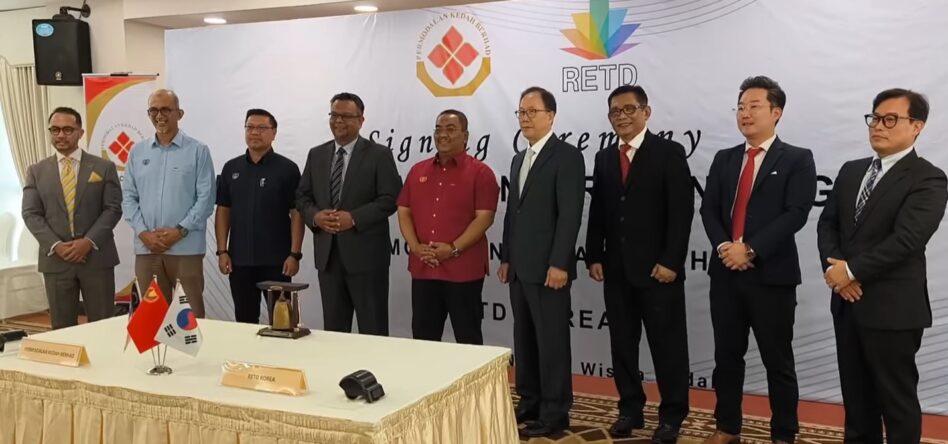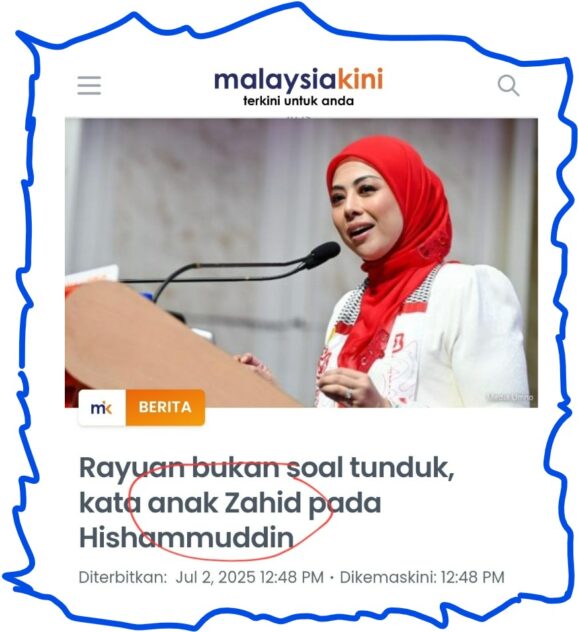ONE wonders if a due diligence has been carried out to ascertain if Langkawi truly needs a Light Rail Transit (LRT) project or if the Kedah state government has ample financial resources to realise a project of such grandeur.
After all, common sense would dictate that land transportation by car – as opposed to a rail system – is suffice for one hour is all it takes to drive around the duty-free island which is surrounded by an archipelago of 99 islands that boast an area size of 478.5 km².
In fact, if Menteri Besar Datuk Seri Muhammad Sanusi Md Nor is serious about improving the transportation link in the island as part of his quest to sour Kedah’s tourism and travel industry, he could have focused on getting green technology buses of the ground first to gauge response from visitors to Langkawi.
In fact, not to belittle Sanusi who is also the Kedah PAS deputy state commissioner, sceptics have downplayed the inking of a memorandum of understanding (MOU) between Permodalan Kedah Bhd (PKB) and South Korea’s Royal Eco Train Development (RETD) yesterday (April 29) as a “political stunt” (wayang only) in the absence of a viable feasibility study.
The common view judging from the track record of the state government in managing ‘mega’ projects is that the initiative could eventually end up as a “white elephant” if ever takes off.
Moreover, the Federal government via the Transport Ministry may not be convinced with the project’s layout, hence is reluctant to fund it lest the Kedah state government has adequate funding to get it off the ground on its own.
Meanwhile, PKB’s CEO Mohd Azad Jasmi has described said the partnership with RETD as marking the beginning of an exciting journey towards Kedah’s development with a special focus on the enchanting island of Langkawi.

“By conducting a comprehensive feasibility study and subsequently presenting a detailed proposal for the Maglev train and the overall development of Greater Kedah, we aim to revolutionise transportation infrastructure and unlock the full potential of the region,” he said at yesterday’s (April 29) MOU signing ceremony at Wisma Darul Aman in Alor Setar.
Meanwhile, RETD Korea CEO Lee Changwook said the initiative is more than just an infrastructure development as it is also a commitment to sustainable progress, integrating state-of-the-art technology with a profound respect for the environment.
“We stand united in our commitment to the transformative RETD Korea’s Netstream Maglev train project, and the development of a township in Langkawi,” he pointed out.
“The Netstream Maglev train is designed to harmonise with the breathtaking natural vistas of Langkawi, representing a leap towards modernity, powered by eco-friendly technology that minimises environmental impact, conserves energy, and maintains the pristine condition of the surroundings.”
Although no ringgit and sen was mentioned in the MOU witnessed by Sanusi himself, it should be noted that while MOU is merely an agreement between two or more parties outlined in a formal document. It is not necessarily legally binding for its execution is very much dependent on the signatories’ intent and the language in the agreement,
But as explained by Investopedis, it nevertheless signals the willingness of both parties to move forward with a contract for the MOU can be seen as the starting point for negotiations in that it defines the scope and purpose of the talks. – April 30, 2024









